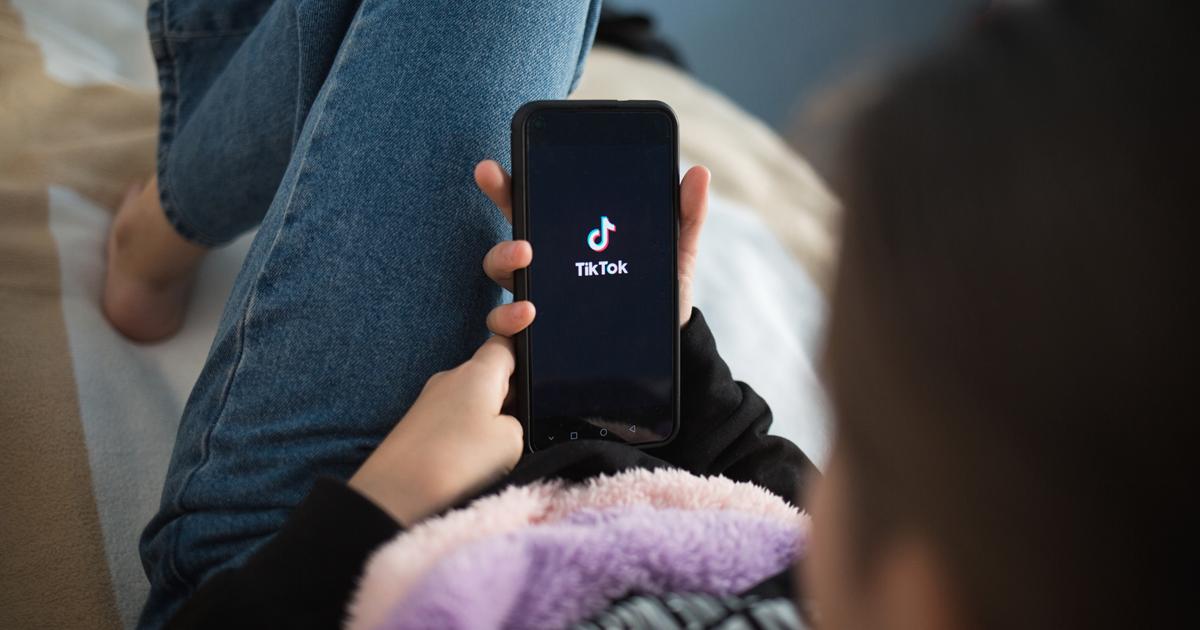Protection of populations or restriction of freedoms? The TikTok application has no longer worked since Thursday in Kyrgyzstan, at the request of the security services of this Central Asian country, who justified it by the need to
“protect the health of children”
. Each time you try to connect to TikTok, the message
“Unable to load, please try again”
appears on the application's black home screen, AFP journalists in this country neighboring China noted. which has some seven million inhabitants.
On Tuesday, the Kyrgyz Ministry of Digital indicated that it had
“informed telecommunications operators of the need to limit access to TikTok, based on a decision by the security services”
, known by the acronym GKNB and led by the powerful Kamtchybek Tashiev, according to a press release. According to the ministry, the social network, owned by the Chinese group ByteDance,
“did not respect”
an article of law on
“measures aimed at preventing attacks on the health of children and their physical, intellectual, mental, spiritual and moral development »
.
On Tuesday, the NGO Reporters Without Borders (RSF) said it was
“worried about this decision which restricts the right to information under the pretext of protecting minors”
. The organization called on the
“government to lift this discretionary block and define a clear legal framework to regulate the platforms”
.
Strengthened control of civil society
The blocking of TikTok comes as the Kyrgyz authorities have been accused in recent months by NGOs of wanting to strengthen their control over civil society. In August, the Kyrgyz Ministry of Culture had already threatened to ban TikTok, claiming to have received
“numerous requests from NGOs concerned about (its) harmful effects on children”
.
Among the five former Soviet republics of Central Asia, where freedom of expression remains limited and political opposition almost non-existent, Kyrgyzstan has long been an exception. But in recent months, Kyrgyz authorities have arrested several journalists, repeatedly suspended private media and adopted a law similar to the Russian model on
"foreign agents"
, strengthening the government's hold on NGOs.
TikTok, which has more than a billion active users worldwide, is already facing increasing limitations in the West. Amid accusations of user data transfers to China, many countries, such as the United States, Canada, France and the European Union as a whole, have expressed fears for their national security.

